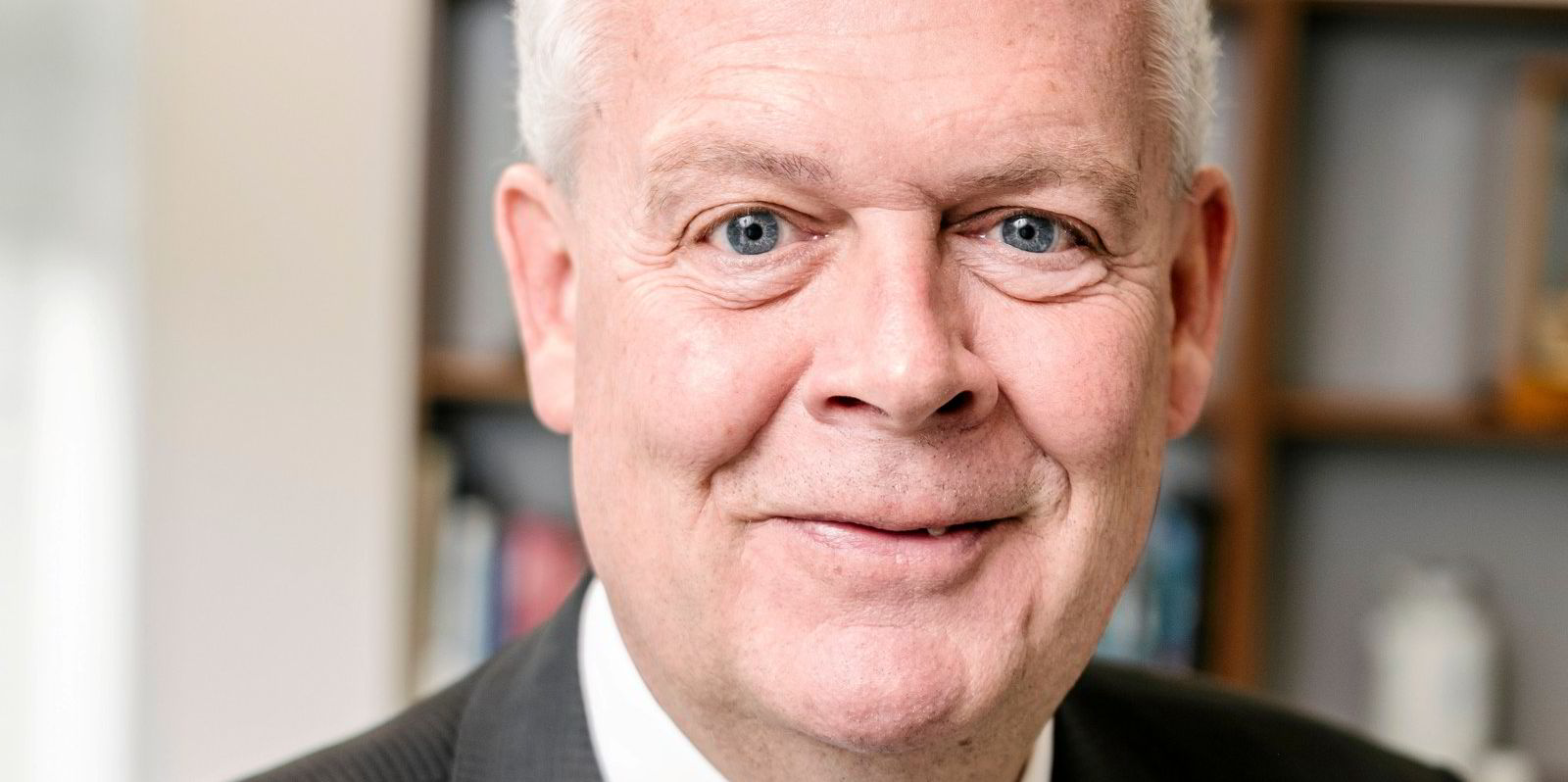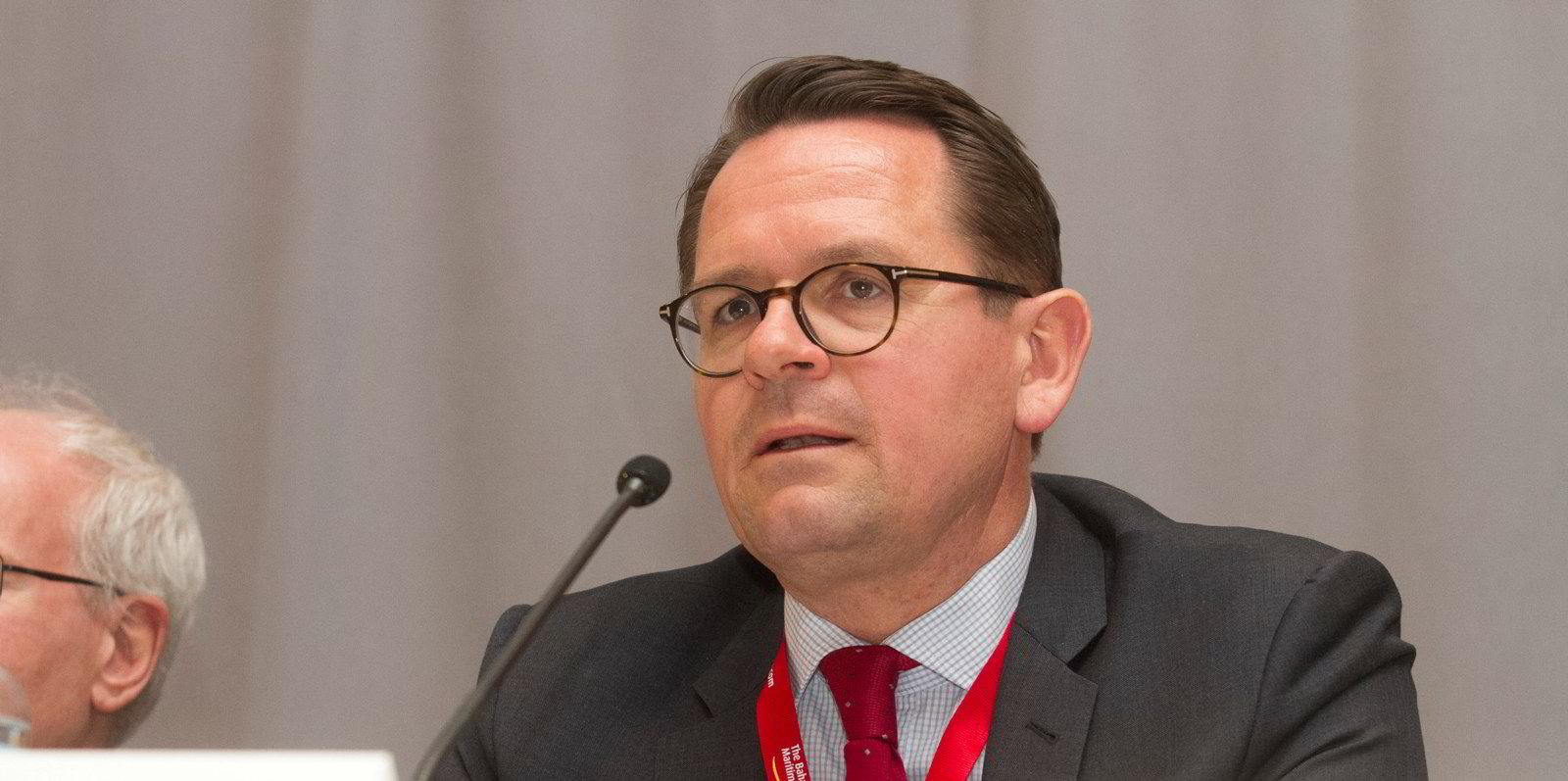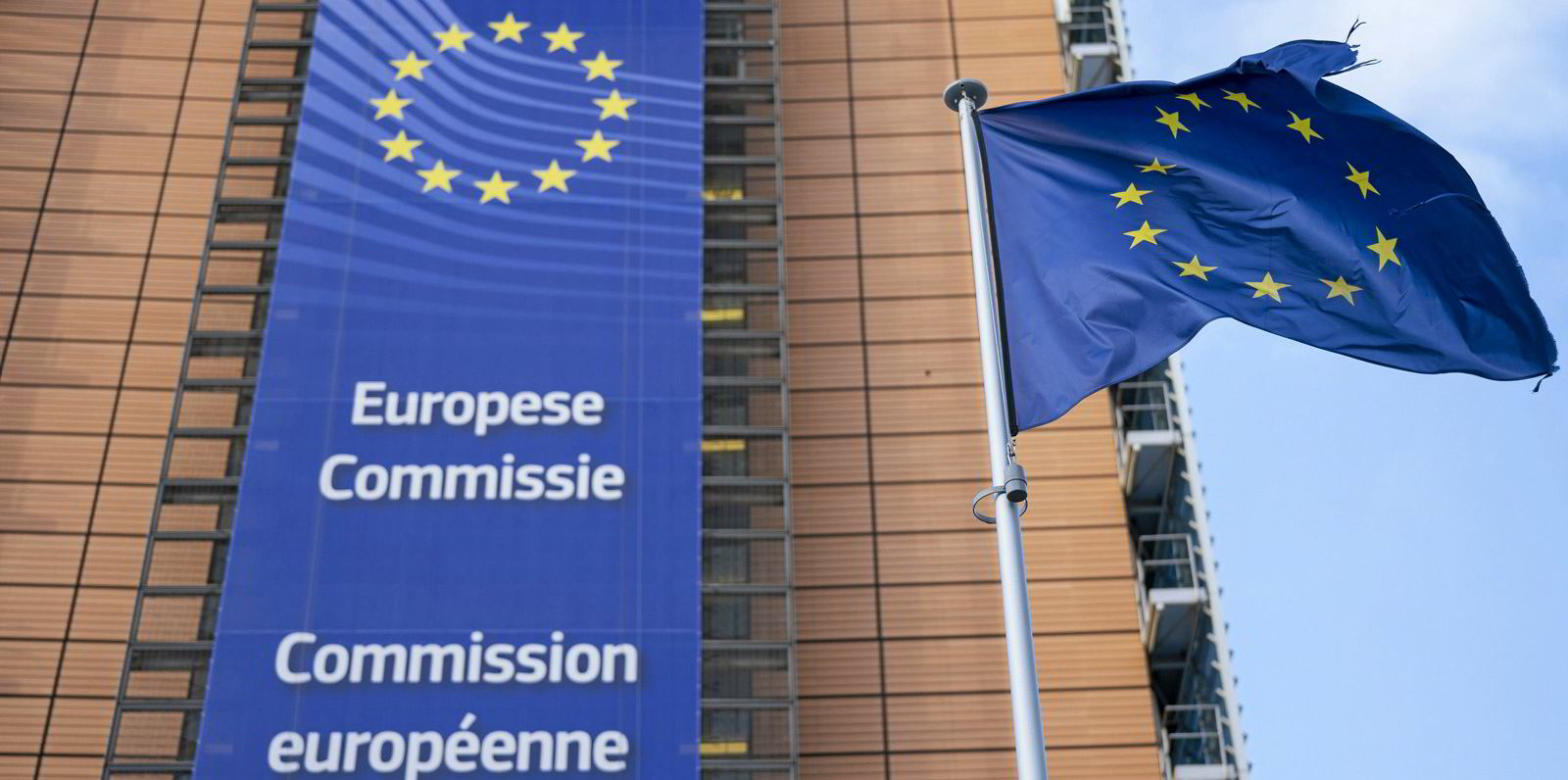Maersk Broker Advisory Services (MBAS) has launched a new partnership with management consultancy giant McKinsey & Company to help shipowners and operators cut carbon emissions.
The financial advisory firm, part of shipbroker Maersk Broker, said a new fleet decarbonisation optimiser tool will help users draw up a strategy on the issue.
The partners have joined forces to combine MBAS market research and McKinsey's artificial intelligence service QuantumBlack, which models ways to increase efficiency and use alternative fuels.
The collaboration aims to guide the industry to take future investment decisions on a well-informed basis, backed by data, to avoid stranded assets and unnecessary capital expenditures, the companies said.
The tool will analyse the total cost of abatement methods and look at new bunker sources such as ammonia, e-methanol, bio-methanol, bio-LNG, biodiesel and others.
A hard nut to crack
The partners said the shipping industry is recognised as a "hard-to-abate" sector, due to the high expense involved.
"This creates significant uncertainty, and all shipowners and operators will be confronted with difficult strategic decisions in the upcoming decade," MBAS and McKinsey said.
The companies will share knowledge and data, incorporating not just a large amount of key information from the maritime industry but also from other industries going through similar developments and challenges.
"We believe that the strategic partnership accelerates the process of successfully decarbonising the shipping industry," said MBAS managing director Jesper Bo Hansen.
"Maersk Broker Advisory Services and McKinsey & Company have an interest in using our resources to help the maritime industry in its decarbonisation journey, and we believe that our combined knowledge will permit our clients to take better and well-informed investment decisions," he added.
The boss pointed to Maersk Broker's technical, commercial and financial expertise as key factors.
Hansen has been contacted for further comment.
Reducing the 'noise'

Matt Stone, a partner at McKinsey, said his company is excited about the project.
"There is a lot of noise in the public domain about different decarbonisation options, and our AI-based optimisation modelling will help shipowners and operators find the signal amidst the noise for their specific fleet and operating requirements," he added.
Maersk Broker was the first shipbroker to join the Getting to Zero Coalition.
McKinsey, which has more than 30,000 employees, is part of the Maersk Mc-Kinney Moller Center for Zero Carbon Shipping, the first management consultancy to join.
Profit to pick up
In April, Maersk Broker posted its smallest annual earnings for four years, but 2021 should be stronger.
The Maersk family-controlled shipbroker said 2020 ended with a net profit of DKK 37.4m ($6.1m), down nearly DKK 6m from 2019 and the lowest figure since 2016. Revenue dropped DKK 50m to DKK 345m.
Maersk Broker merged its research, advisory and valuations departments into a single team from 1 January.
Chief executive Anders Hald said the move was not expected to lead to any lay-offs, but was needed to create a more integrated service.
As part of the restructuring, MBAS was refocused on offering capital through alternative financing and leasing, as well as corporate finance and consultancy services.






